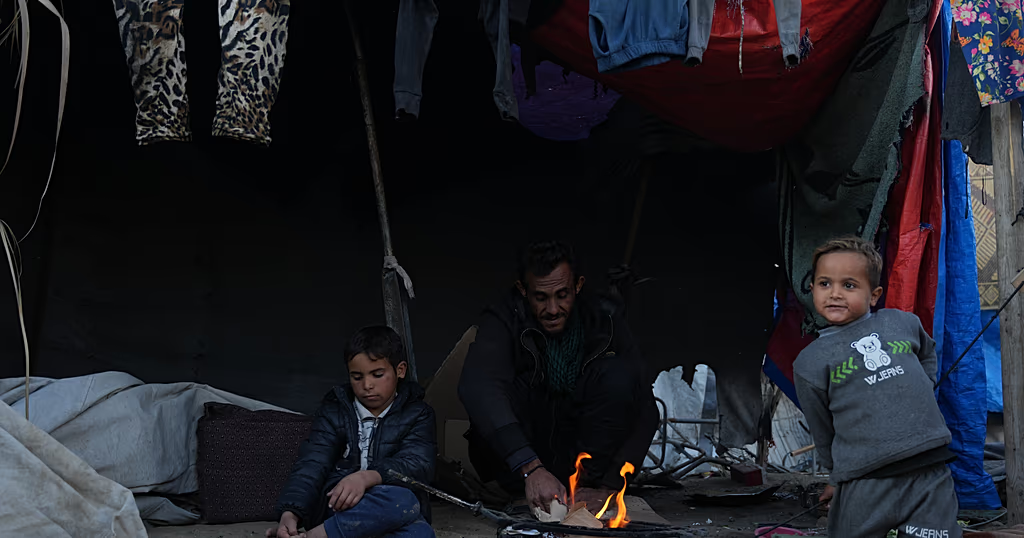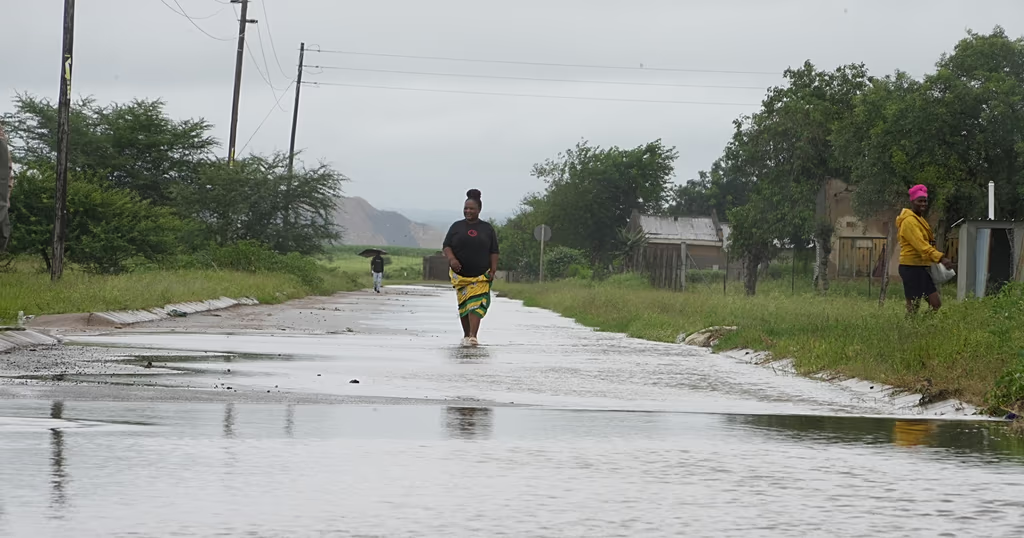Congo’s Displaced Families Face Uncertain Future Amidst Ongoing Conflict
The United Nations humanitarian chief, Tom Fletcher, recently visited displaced families in Shasha village, located in Congo’s North Kivu province. This visit comes on the heels of the M23 rebel group’s seizure of Goma, the provincial capital, in late January, which has intensified a decades-long conflict that has already displaced over 4.6 million people. The situation is dire, with many families forced to return to their villages despite the ongoing violence.
For residents like Maombi Pascaline, the return to Shasha has been a daunting experience. "We didn’t want to go back; it was them [M23] who forced us to return, because we knew we had a government. But when they arrived, they asked us to go home, because the war was over," she explained. However, the reality on the ground is far from peaceful. Many returnees have found their homes looted or destroyed, with little to no assistance waiting for them.
The forced returns have worsened already dire conditions, according to aid groups. Many families had relied on support from the US Agency for International Development before the Trump administration cancelled its programs. For some, like Kahindo Bihira, money has been a lifeline. "When I returned, I found my house destroyed. I took refuge at my neighbour’s house, but the NRC helped me with cash that allowed me to gradually feed the children properly," she said.
The conflict in Congo’s mineral-rich east is one of Africa’s longest-running, and the United Nations considers it one of the world’s most protracted and serious humanitarian crises. As the international community struggles to respond to the crisis, the visit by Tom Fletcher serves as a reminder of the urgent need for support and assistance to those affected. The situation in Congo is a stark reminder of the devastating consequences of conflict and the importance of humanitarian aid in supporting those in need. As the world watches, it is clear that a lasting solution to the crisis will require a sustained and collective effort to address the root causes of the conflict and support the displaced families who are struggling to rebuild their lives.



